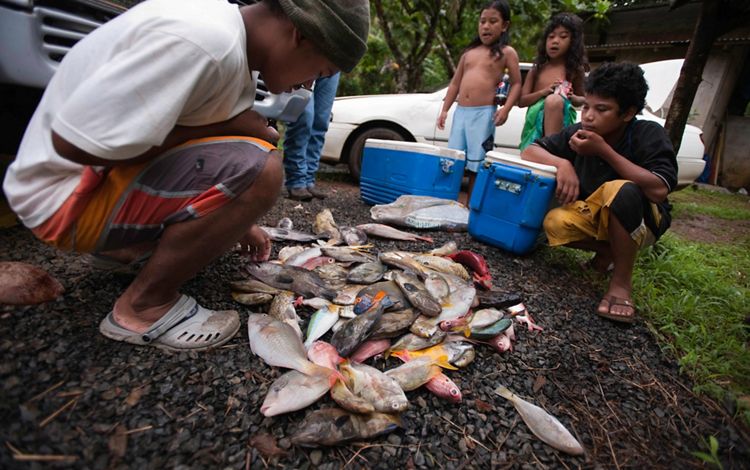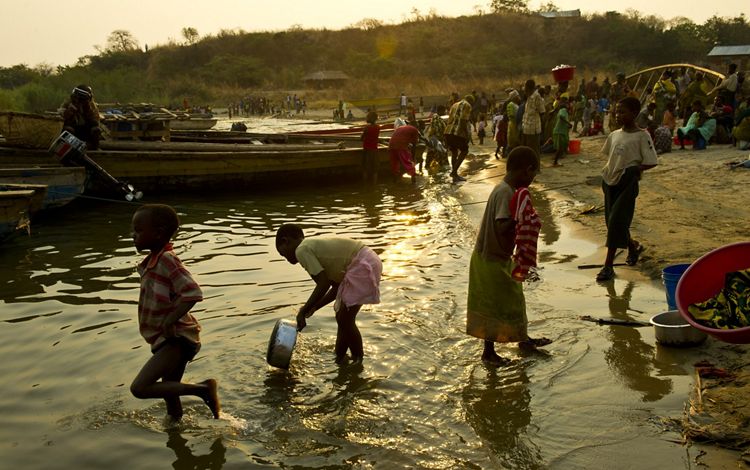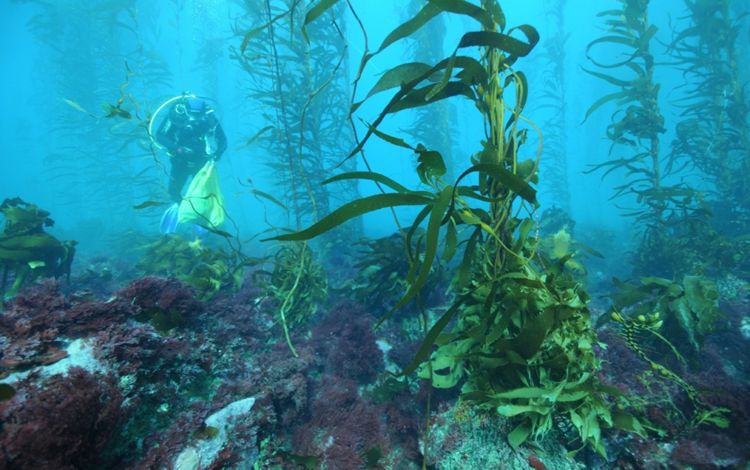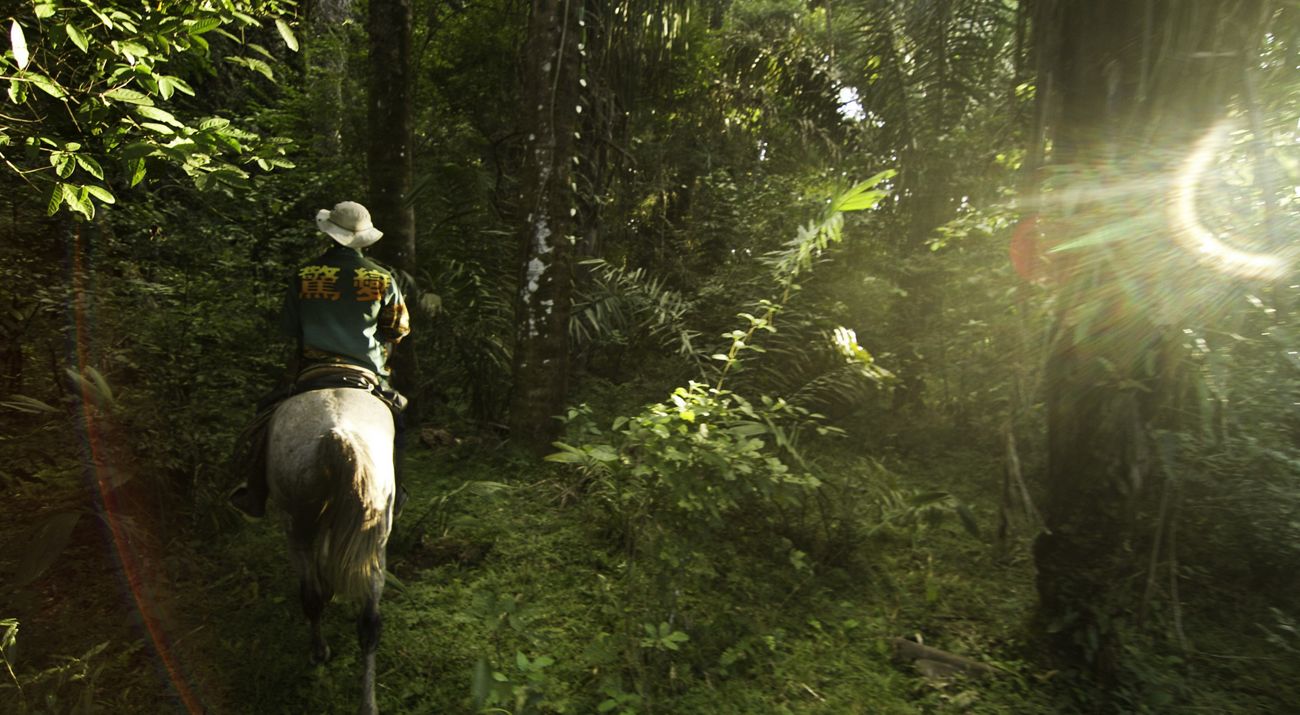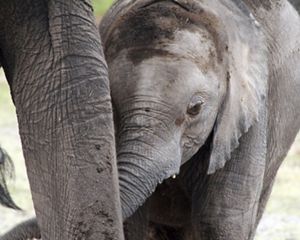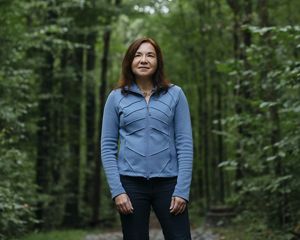SNAPP Partnership
Learn MoreThe Science for Nature and People Partnership (SNAPP) was launched in 2013 to solve a problem: if The Nature Conservancy and other organizations were going to persuade people – businesses and governments especially – to make big investments in nature to improve human well-being, it needed to provide hard data on what the return on those investments would or wouldn’t be.
But delivering that kind of science and evidence is an expensive, complex challenge and one no organization could accomplish alone – The Nature Conservancy certainly couldn’t afford to keep that much science, policy and data management expertise on staff.
Enter SNAPP, a first-of-its-kind scientific joint venture between The Nature Conservancy, The Wildlife Conservation Society, and the University of California at Santa Barbara’s National Center for Ecological Analysis and Synthesis. WCS and TNC continue to grow the partnership and its contributions.
Since inception, SNAPP has engaged hundreds of institutions and thousands of experts from around the globe through teams of scientists and stakeholders.
SNAPP selects multidisciplinary teams through a rigorous proposal process, and then provides them with funding to cover neutral meeting spaces, travel, analytical, communications and facilitation support. Dedicated postdocs and research assistants may also be hired. These tangible incentives are the “enabling conditions” that allow a team of experts from a diversity of disciplines to convene around a specific global challenge at the intersection of conservation and human well-being. Teams include academic experts, government representatives, private entities and practitioners from conservation, humanitarian, sustainable development, cultural, and spiritual organizations. These teams rapidly synthesize existing knowledge about a problem, and deliver evidence-based, scalable solutions
SNAPP teams work to find solutions to the critical challenges of climate resilience, food and freshwater, ocean sustainability, and social innovations.
Our Work with SNAPP
